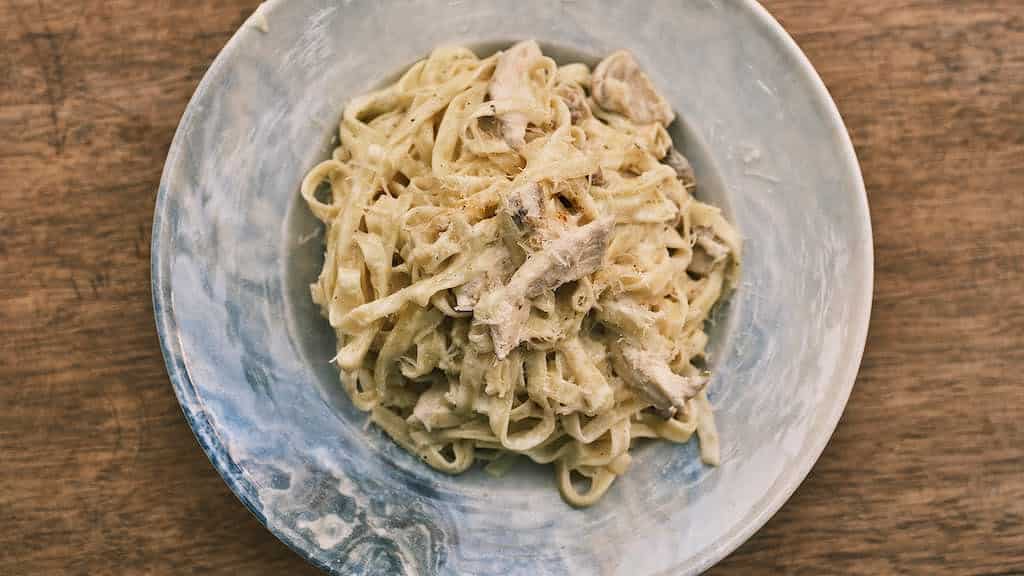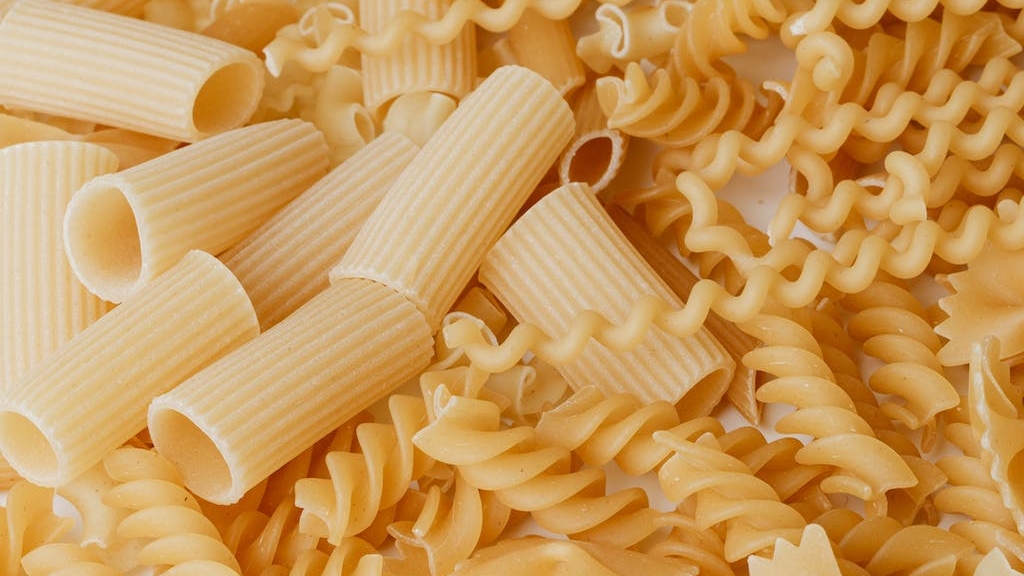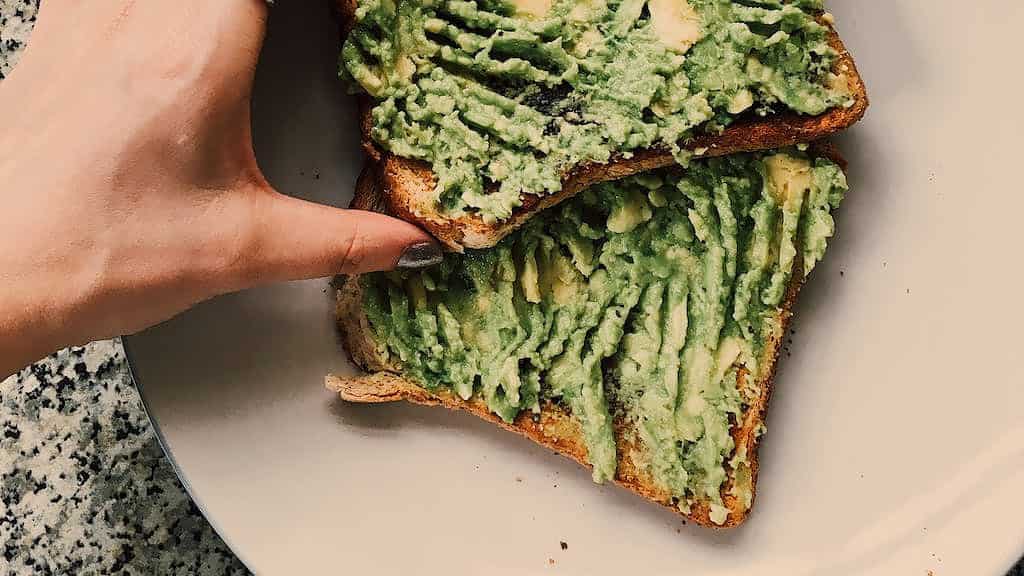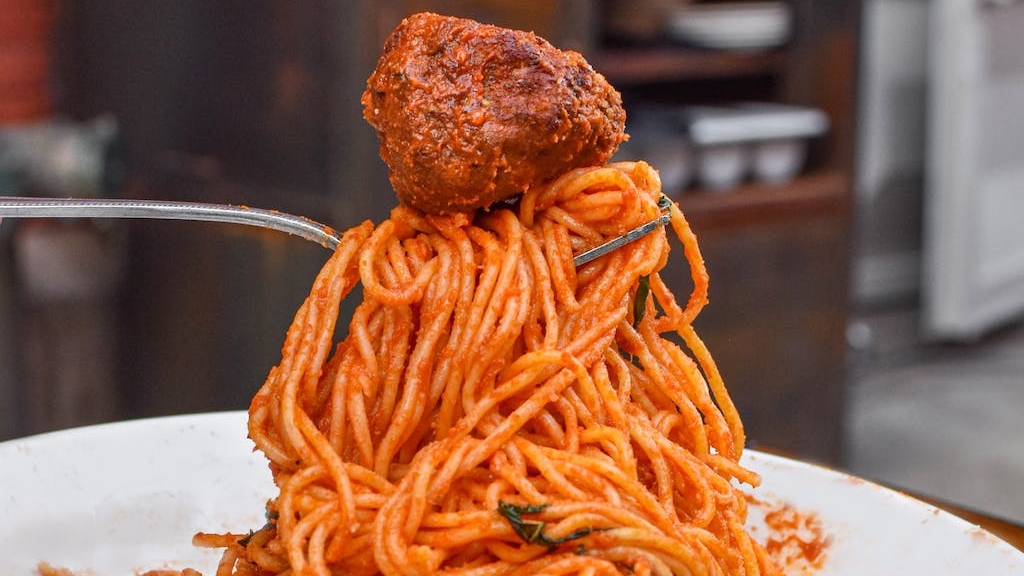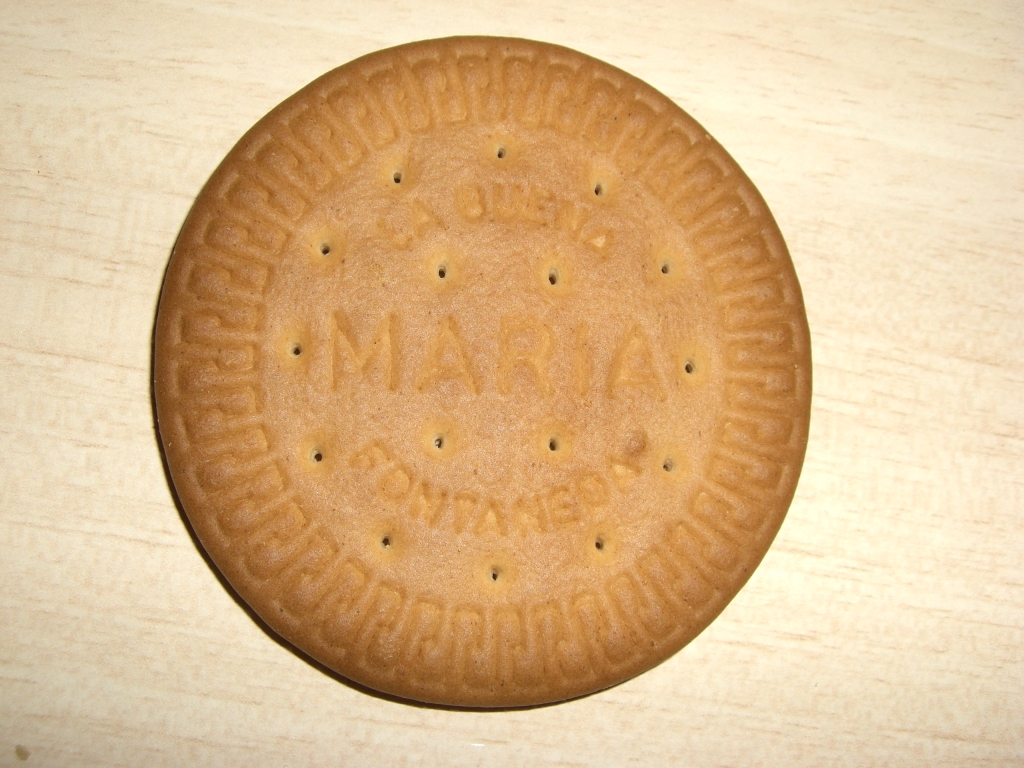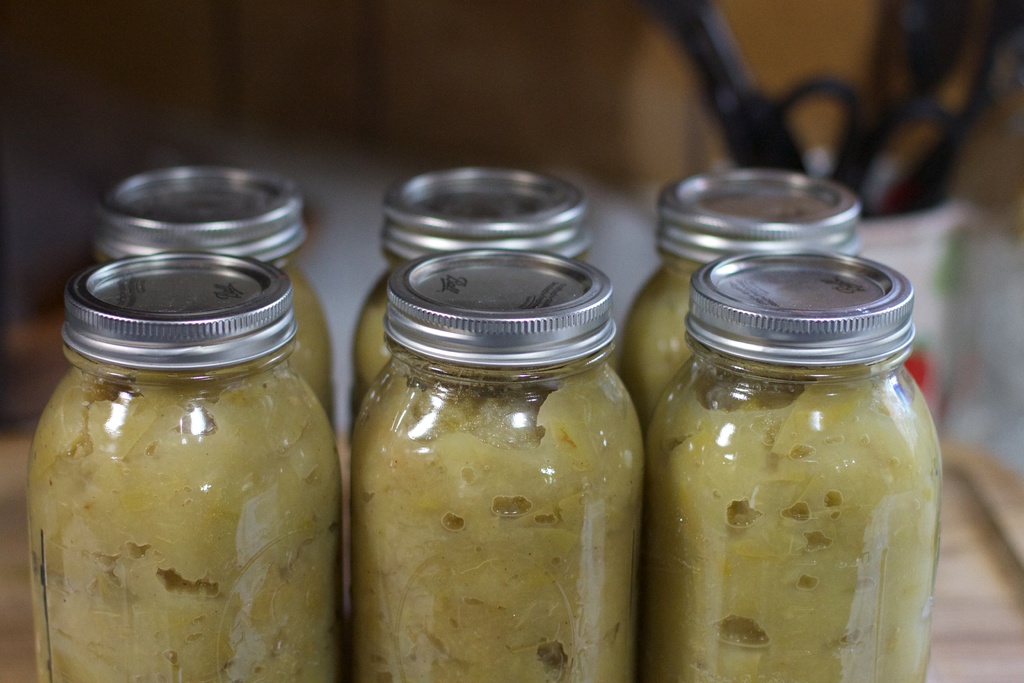Key Takeaways
- Dogs should not be fed alfredo pasta as it contains ingredients that are harmful to them.
- Alfredo sauce usually contains ingredients such as garlic and onions which are toxic to dogs and can cause digestive issues.
- The high fat content in alfredo pasta can lead to pancreatitis in dogs.
- Lactose intolerant dogs may experience stomach upset and diarrhea if they consume alfredo sauce, as it contains dairy products.
- If your dog accidentally eats alfredo pasta, monitor them for any signs of discomfort and contact a vet if necessary.
- It is always best to stick to a balanced and veterinarian-approved diet for your dog’s well-being.
Summary
In short, no, dogs should not eat alfredo pasta. While it may be tempting to share your favorite dish with your furry friend, this rich and creamy pasta sauce is laden with ingredients that can be harmful or even toxic to dogs. However, the rest of the article explores safe and healthy alternatives for dogs, offering useful tips for feeding them a balanced diet while still satisfying their cravings. If you want to learn how to keep your dog’s diet nutritious and exciting, this article is worth reading.

Can Dogs Eat Alfredo Pasta?
While Alfredo pasta might seem like a tasty treat for your furry friend, it is important to consider their dietary needs before sharing it with them. Although dogs can technically eat Alfredo pasta, it is not recommended. Most Alfredo pasta sauces contain ingredients that can be harmful to dogs, such as garlic and onions. These foods can cause digestive issues and even lead to anemia in dogs. Additionally, Alfredo pasta tends to be high in fat and calories, which can contribute to obesity and other health problems in dogs.
Potential Risks of Feeding Alfredo Pasta to Dogs
Feeding your dog Alfredo pasta regularly or in large amounts can have several potential risks. One of the primary concerns is the high fat content in Alfredo sauce, which can lead to pancreatitis in dogs. This condition is characterized by inflammation of the pancreas and can cause symptoms like vomiting, diarrhea, and abdominal pain. Furthermore, the added seasonings and spices in Alfredo sauce can upset your dog’s stomach, leading to gastrointestinal issues. It is vital to remember that each dog is different, so even a small amount of Alfredo pasta can cause discomfort or adverse reactions in some dogs.
Alfredo Pasta Alternatives for Dogs
If you still want to treat your dog to a pasta dish, there are several safer alternatives to Alfredo pasta. Plain cooked pasta without sauce can be a suitable option, as long as it is served in moderation and doesn’t make up the majority of their diet. You can also try adding small amounts of plain chicken or vegetables to make the pasta more enticing for your pooch. Always make sure to consult with your veterinarian about any dietary changes or additions to ensure they align with your dog’s specific nutritional needs.
Signs of Digestive Issues in Dogs
When introducing new foods like Alfredo pasta to your dog’s diet, it is essential to monitor them for any signs of digestive issues. Symptoms such as vomiting, diarrhea, excessive gas, or discomfort are indications that their digestive system may not be able to tolerate the food. If you notice any of these signs, it is best to discontinue feeding them Alfredo pasta and consult your veterinarian for further advice.
Establishing a Healthy Diet for Your Dog
Providing a balanced and nutritious diet is crucial for your dog’s overall health and well-being. While occasional treats like plain pasta can be enjoyed, it is essential to focus on high-quality dog food that meets their specific dietary requirements. Consult with your veterinarian to determine the best diet plan for your dog, considering factors such as their age, size, breed, and any existing health conditions.
Other Safe Treat Options for Dogs
If you’re looking for other safe treat options for your furry companion, consider dog-friendly alternatives like small pieces of cooked chicken, carrots, apples, or plain rice crackers. These treats can provide your dog with a tasty snack while avoiding potential health risks associated with human food. Remember to always introduce new treats gradually and in moderation to prevent digestive upsets.
Recipes and Alternatives to alfredo pasta for dogs
While alfredo pasta may be a delicious treat for humans, it is not recommended for dogs. The high fat and dairy content in alfredo sauce can be difficult for dogs to digest and may lead to gastrointestinal issues. Instead, here are some alternative foods that are safe and healthy for dogs:
- Boiled chicken or turkey
- Steamed vegetables like carrots, green beans, or broccoli
- Plain cooked rice or pasta
- Plain yogurt or cottage cheese (in moderation)
Can Dogs Eat Alfredo Pasta?
What is Alfredo pasta?
Alfredo pasta is a classic Italian dish made with fettuccine noodles, butter, cream, Parmesan cheese, and various seasonings. It is known for its rich and creamy texture.
Is Alfredo pasta harmful to dogs?
While small amounts of plain cooked pasta are generally safe for dogs to eat, the addition of Alfredo sauce can be harmful. Alfredo sauce typically contains ingredients that are not suitable for dogs, such as garlic and onions, which can be toxic to them. Additionally, the high fat and calorie content of Alfredo sauce can lead to various health problems in dogs.
What are the risks of feeding dogs Alfredo pasta?
Feeding dogs Alfredo pasta can pose several risks:
- Toxic ingredients: Garlic and onions, commonly found in Alfredo sauce, can cause gastrointestinal upset, damage red blood cells, and lead to anemia and other serious health issues in dogs.
- High fat content: Alfredo sauce is rich in fats, which can lead to pancreatitis, a painful and potentially life-threatening condition for dogs.
- Weight gain: The high calorie content of Alfredo pasta can contribute to weight gain and obesity in dogs, leading to various health problems such as joint issues, heart disease, and diabetes.
What should I do if my dog has eaten Alfredo pasta?
If your dog has consumed a small amount of Alfredo pasta without the sauce, they are unlikely to experience significant problems. However, if they have ingested a larger quantity or consumed the sauce, it is recommended to monitor them closely for any signs of illness.
If you notice any unusual symptoms such as vomiting, diarrhea, lethargy, loss of appetite, or abdominal pain, it is important to contact your veterinarian immediately for further guidance.
Can I give my dog plain cooked pasta instead?
Plain cooked pasta can be given to dogs in small quantities as an occasional treat, as long as it is served plain without any added seasonings, sauces, or ingredients that may be harmful to dogs. However, it is important to remember that pasta should not make up a significant portion of your dog’s diet, as they require a balanced and nutritionally complete canine diet for optimal health.
What are some dog-friendly alternatives to Alfredo pasta?
If you’d like to treat your dog to a pasta-like dish, there are safer alternatives you can consider:
- Vegetables: Cooked and pureed vegetables such as pumpkin, sweet potato, or zucchini can provide a similar texture to pasta while offering additional nutritional benefits for your dog.
- Lean protein: Boiled or grilled lean meats, such as chicken or turkey, can be served in small, bite-sized pieces as a special treat.
- Commercial dog food: There are specialized dog foods available that mimic the flavors and textures of pasta dishes while meeting a dog’s specific dietary needs. Consult with your veterinarian for recommendations.
Remember to always consult with your veterinarian before introducing any new foods to your dog’s diet to ensure they are safe and appropriate.
Conclusion
Dogs should not eat alfredo pasta as it is not a suitable food for them. While dogs are omnivores, their digestive system is not designed to handle dairy products in large amounts. Alfredo pasta contains ingredients like cheese, butter, and cream, which are high in fat and can be difficult for dogs to digest. Moreover, these ingredients can cause gastrointestinal upset, including diarrhea and vomiting. Additionally, the high fat content in alfredo pasta can lead to obesity and other health issues in dogs. It’s best to stick to a balanced diet formulated specifically for dogs to ensure their nutritional needs are met.
📚 Sources:
